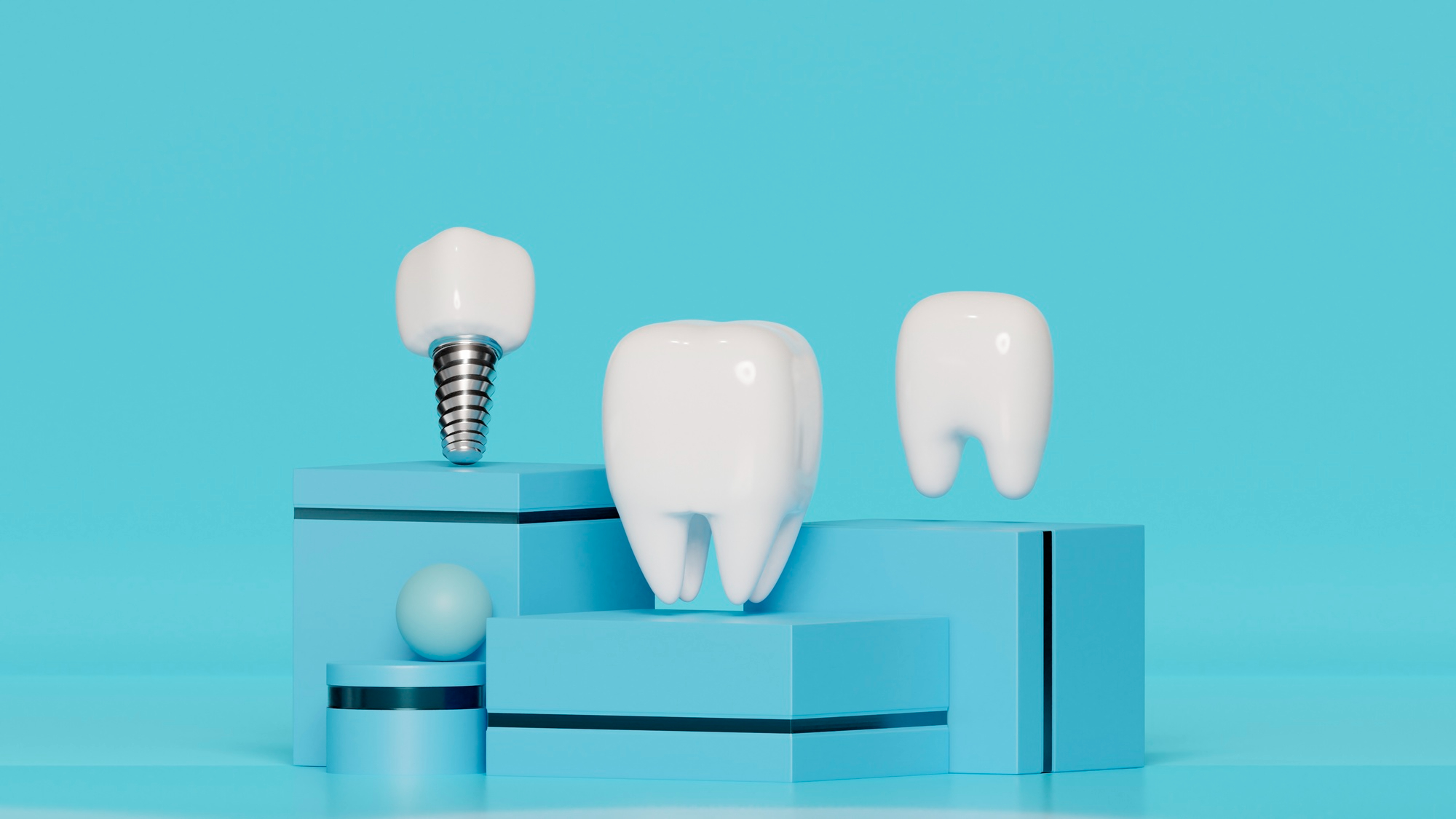As one of the leading providers of dental implant services in Gaithersburg and Kensington, we understand patients may have several lingering questions. Here are the top three we frequently hear at Alpine Dental & Denture Center, with more in-depth explanations:
1. How long will implants last?
With proper care, dental implants can function as reliable replacements for missing teeth for many years. Some key factors that influence implant longevity include:
– Materials: Modern titanium implants have high corrosion resistance, making them very durable when inserted properly. Other biocompatible materials like zirconia are also used.
– Hygiene: Daily cleaning around implants through gentle brushing and interdental cleaning removes plaque and bacteria that can cause peri-implantitis.
– Checkups: Regular six-month periodontal maintenance appointments allow early detection of any issues so they don’t deteriorate further. Professional deep cleaning preserves the marginal bone level.
– Chewing habits: Avoiding excessive clenching, grinding, or biting tough foods that could stress implants increases functional lifetime. Our restorative dentists fit precisely fitting crowns and bridges to mimic natural chewing surfaces.
– Regular replacement of prosthetics: The crowns, bridges, or dentures that snap onto implant abutments need replacing every 10-15 years due to normal wear. Maintaining these replacements prevents implant overload stresses.
Long-term studies show a promising 95% 10-year survival rate and 85% 20-year rate for most implant placements when supported by diligent homecare and professional support. And many last even longer with excellent self-care habits.

2. Will implants hurt to get placed?
Using specialized surgical techniques and medications, implant placement today is generally mildly uncomfortable for most patients. Some key aspects of our comfortable approach include:
– Low-dose local anesthesia: We perform multiple injection sites of lidocaine/epinephrine to numb the entire surgical area before incisions. This eliminates pain sensations.
– Minimally invasive flap: A small incision provides access while preserving bone and tissues as much as possible to aid healing.
– Precise drilling protocol: Our implant system uses a sequence of graduated drill bits to widen the osteotomy site carefully and minimize pressure vibrations.
– Medication options: For those anxious, oral anti-anxiety pills taken before help further relax muscles. Post-op medication can also reduce lingering fullness sensations.
While minor achiness, pressure, or brief twinges may be felt during placement, sharp or intolerable pain is very rare with our techniques. Any mild soreness afterward is temporary and responds readily to over-the-counter pain relievers. Most patients report the minor discomfort level being less than a normal dental cleaning.
3. How long after extraction until implantation?
It’s essential to carefully time implantation after tooth removal to allow socket healing. Generally, this involves:
– 3-6 months for standard healing: This permits complete soft tissue closure over the bony defect. A new dense bundle bone then forms at the ridge.
– 3-4 months for immediate implants: These are placed directly into fresh extraction sockets, requiring special techniques. The implant integrates directly into the bundle bone.
– Grafting procedures: Block bone grafting can be done during extraction to build volume for narrow ridges. This potentially reduces healing time to 2-4 months.
– CT scans: Detailed imaging checks socket fill before proceeding, occasionally allowing earlier restorative treatment if density is satisfactory.
The goal is achieving solid osseointegration between implant and living bone, which proper scheduling after extractions ensures. Our experience helps determine your personalized timing for optimum long-term results.
We hope these more in-depth explanations provide greater clarity around your implant questions. Please schedule a consultation to discuss any concerns – our priority remains your healthy smile!


